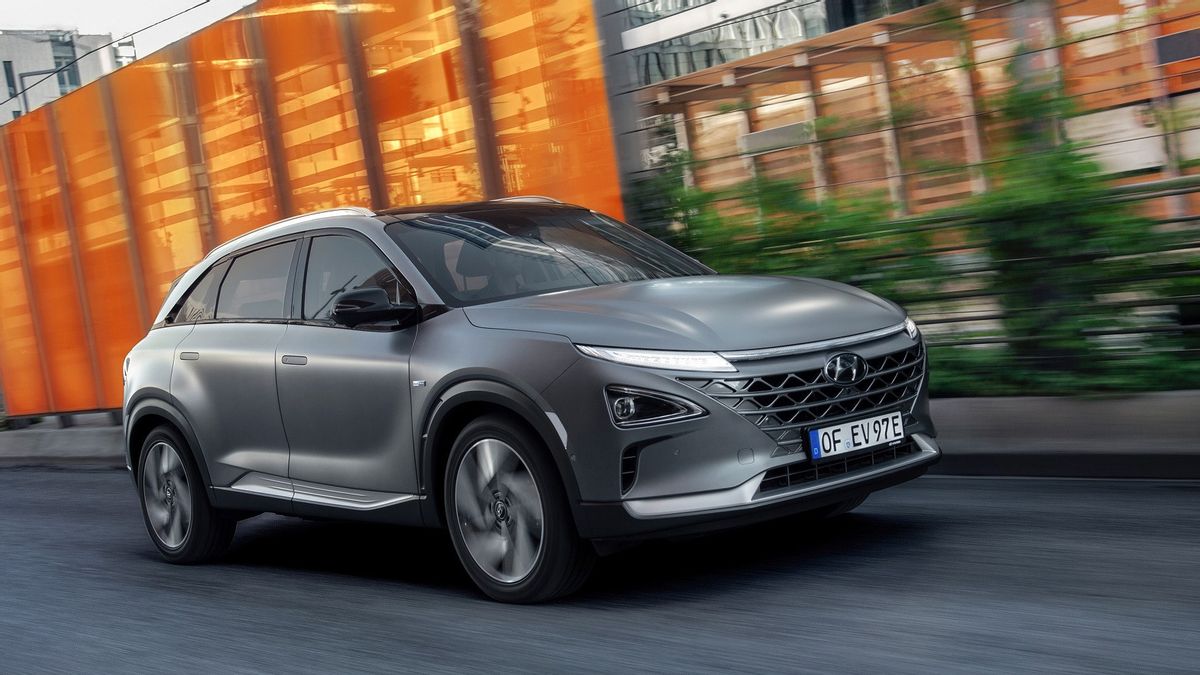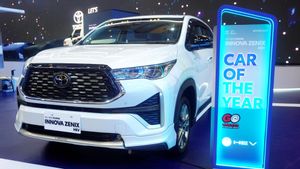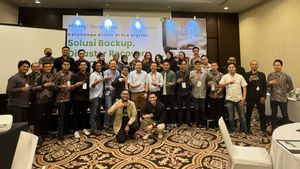JAKARTA - The automotive industry is currently being flooded with vehicles that take advantage of renewable energy sources. In addition to electric vehicles that are currently dominate the market, car manufacturers are also exploring alternative energy to create zero-emission mobility.
One of the leaders in this case is Hyundai. Even though Hyundai electric vehicles have been successful in the market, this South Korean automotive company continues to strive to develop alternative energy sources, one of which is hydrogen.
Recently, the Hyundai Motor Group (HMG) announced its plans to produce hydrogen using biogas from food waste treatment. This step aims to form an environmentally friendly sustainable energy ecosystem.
This action was announced in a memorandum of understanding (MoU) signed on August 29 at the Hyundai Engineering Construction Co. office, Ltd in Jongno-gu, Seoul, South Korea. This agreement involves representatives from Hyundai Motor Company, Kia Corporation, Hyunda E&C, and the Sudokwon TPA Site Management Company (SL Corp.).
The purpose of this agreement is to show a system capable of producing 216 kilograms of green hydrogen every day by utilizing the biogas generated by SL Corporation in the next two years.
With this production, the amount of hydrogen produced is sufficient to charge 34 units of Hyundai Nexo, which is the only hydrogen fuel cell electric vehicle mass-produced by Hyundai.
Seung Hyun Hong, Head of the Hyundai Motor and Kia Material Research and Engineering Center, explained that this program is part of their efforts to conduct in-depth research on energy technology that utilizes resources to achieve carbon neutrality.
"We are committed to becoming a leader in a global effort towards carbon neutrality by developing high-added technology, such as electronic fuel and production of renewable plastic interior materials, in the future," Hong said, in a company statement, Friday, September 1.
VOIR éGALEMENT:
According to Hyundai, fermented food residues can produce biogas, especially methane, and hydrogen production technology from waste is increasingly attracting attention as a renewable energy source.
In addition, HMG also plans to promote environmentally friendly hydrogen production capabilities and conduct research on the production of renewable synthetic fuels (e-fuels). They also plan to develop technology that allows the use of recycled synthetic fuels as additional in the hydrogen production process for existing internal combustion engine vehicles.
The English, Chinese, Japanese, Arabic, and French versions are automatically generated by the AI. So there may still be inaccuracies in translating, please always see Indonesian as our main language. (system supported by DigitalSiber.id)
















